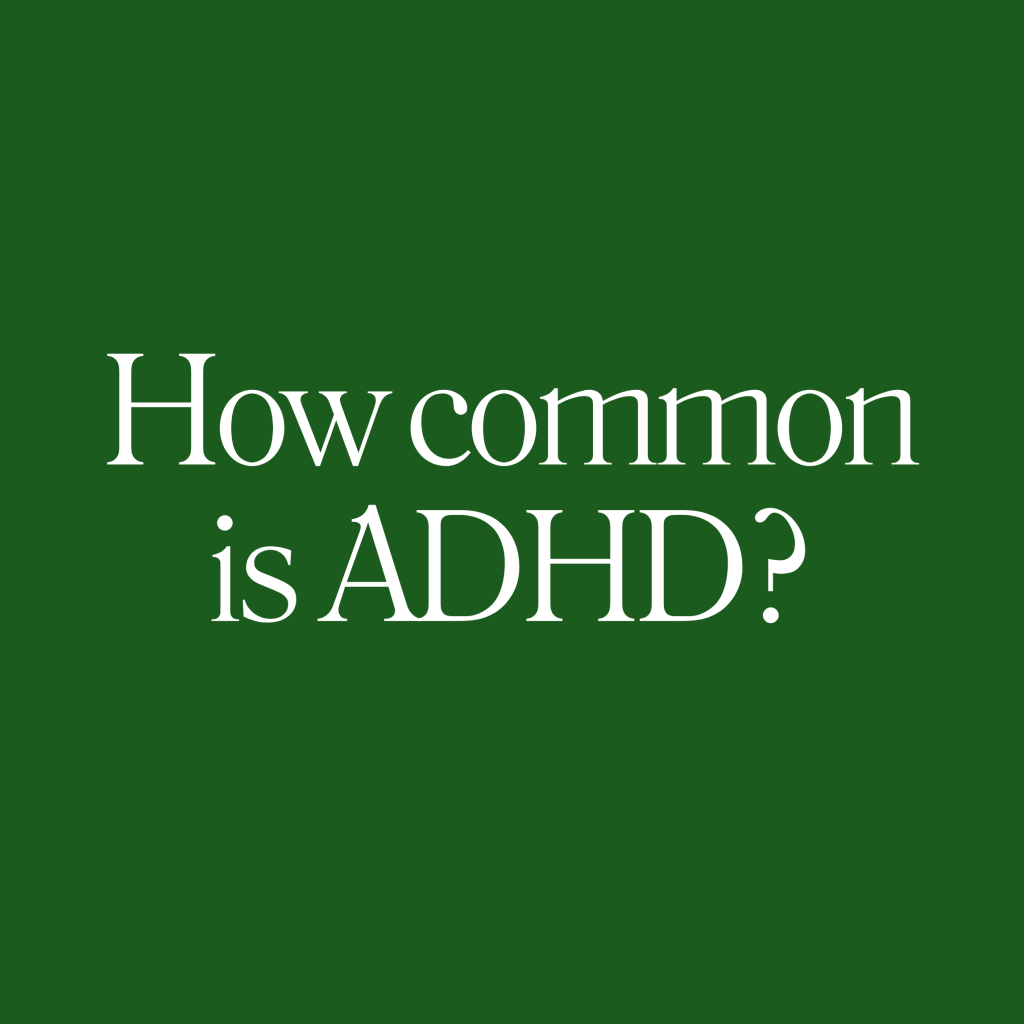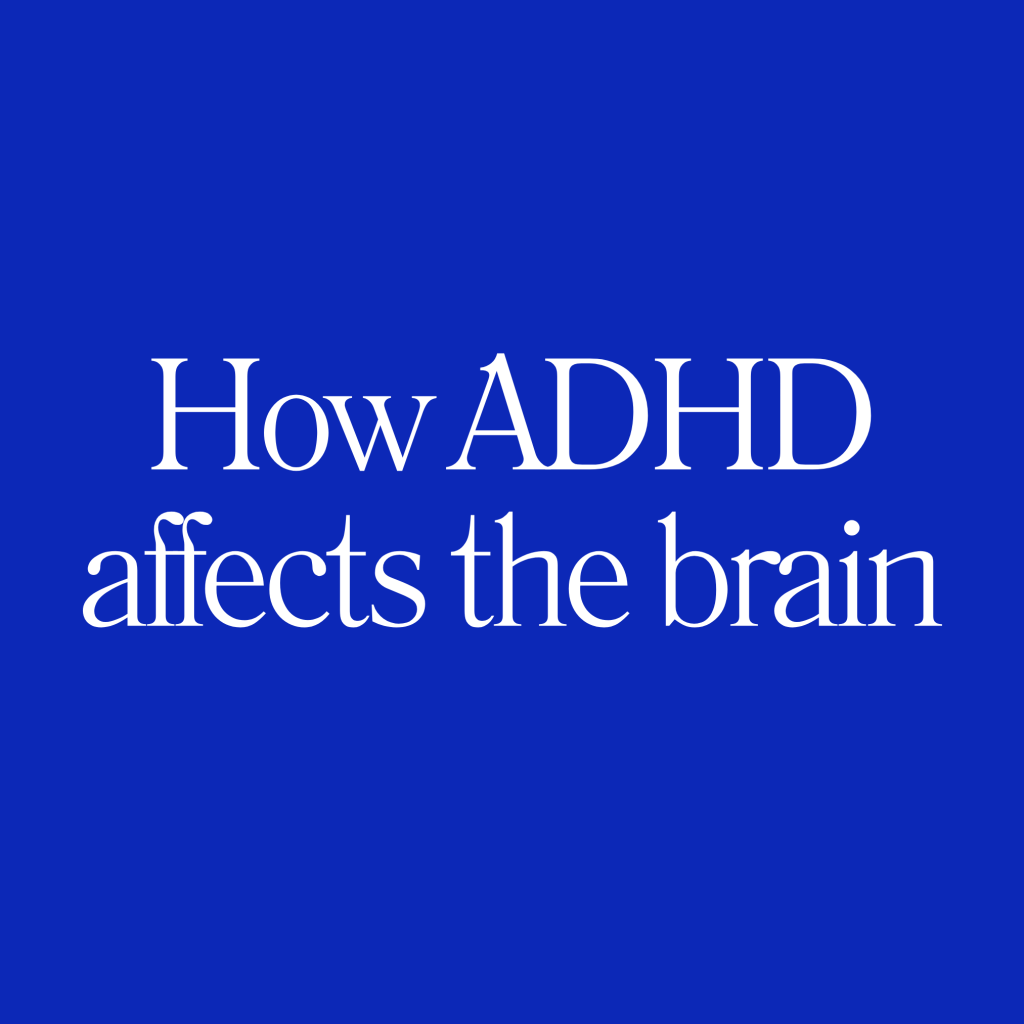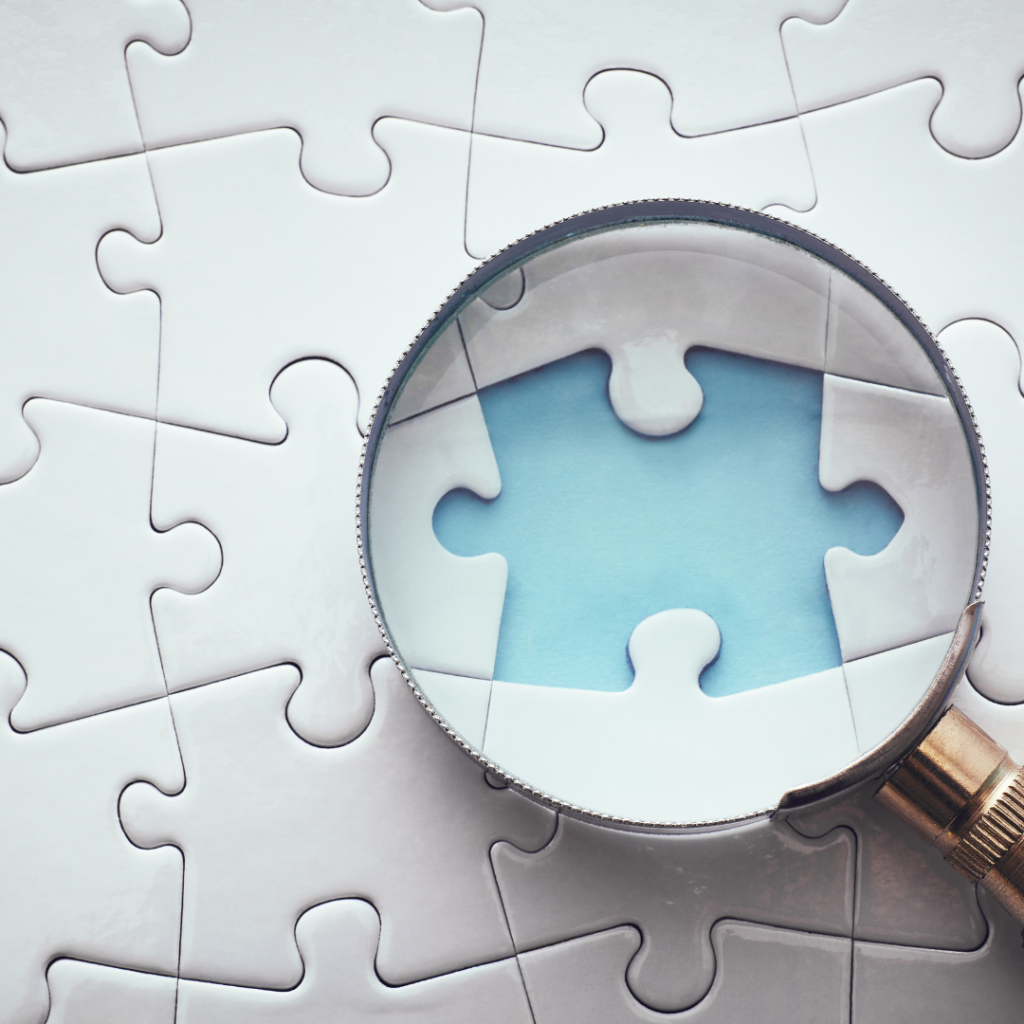What are executive functions and why do they matter for ADHD?
Executive functions are a set of mental skills that help us manage time, pay attention, switch focus, plan and organise, remember details, and regulate emotions. Like the conductor of an orchestra, without executive functions, things get a little…chaotic.
The main executive functions include:
Working Memory
Holding information in mind (like remembering your train time while looking for your Oyster card).
Cognitive Flexibility
Being able to shift perspective or approach (like staying calm when plans change last minute).
Inhibitory Control
Resisting the urge to act impulsively (like not yelling at your child in Tesco when they shout “Poo!” for the fourth time).
Sub-skills also include:
- Planning and organising
- Task initiation
- Emotional regulation
- Self-monitoring
Together, these help us set goals, stay on track, and adjust when things go awry.
What’s the Link between ADHD and executive functions?
ADHD (Attention Deficit Hyperactivity Disorder) is not just about being ‘hyper’ or ‘distracted’, it’s deeply connected to executive function challenges.
Numerous studies show that children and adults with ADHD tend to score significantly lower on executive function tasks compared to neurotypical peers.
Essentially, the ADHD brain struggles with managing the brain’s management system.
That means things like:
- Forgetting to reply to texts (even though you saw it and meant to)
- Feeling paralysed by tasks that require multi-step planning
- Emotionally overreacting to small frustrations
- Perpetually underestimating how long things take
A large neuroimaging research shows structural and functional differences in the brains of individuals with ADHD, particularly in the fronto, temporal and cingulate regions, which govern attention, emotion regulation, and executive function.
Why Understanding This Matters
Understanding executive functions is transformational, especially for parents, educators, employers, and ADHDers themselves.
Why?
Because it reframes the conversation from ‘won’t’ to ‘can’t yet.’
Instead of ‘He just doesn’t care about homework,” we can see it as:
“He’s struggling to initiate the task and hold all the steps in working memory.”
Instead of “I’m just useless at adulting,” we can reframe:
“My brain needs different systems to support planning and follow-through.”
This isn’t about excuses. It’s about compassionate, informed support.
Supporting Executive Function: Practical Tools
For children:
Visual Schedules: use pictures and checklists (especially helpful for younger neurodiverse kids).
Timers: Pomodoro timers or ‘Now/Next’ boards to support transitions.
Chunking Tasks: break down tasks into micro-steps (e.g., ‘Get dressed’ becomes Put on pants → put on socks…”).
Play-based EF games – like Simon Says, Dobble, or simple card games to train attention and memory.
For teens:
Study planners with alarms (digital or paper)
Executive function coaching or mentoring
Tech tools like Trello, Notion, or Todoist
Sleep hygiene routines
For adults:
Body doubling: working alongside someone else to stay on task
Task batching: grouping similar tasks together to reduce overwhelm
‘Brain dump’ journaling: helps clear working memory
Habit stacking: linking new habits to existing routines
Plus, many find ADHD coaching provides the accountability and tailored strategies needed to thrive.
Final Thoughts.
Executive functions are like the orchestra conductor of your brain, and in ADHD, that conductor might be improvising wildly or turning up late, but the music is still there.
With understanding, compassion, and the right supports in place, you or your child can work with the brain, not against it.
When you stop blaming the symptoms and start supporting the system, that’s when everything changes.





